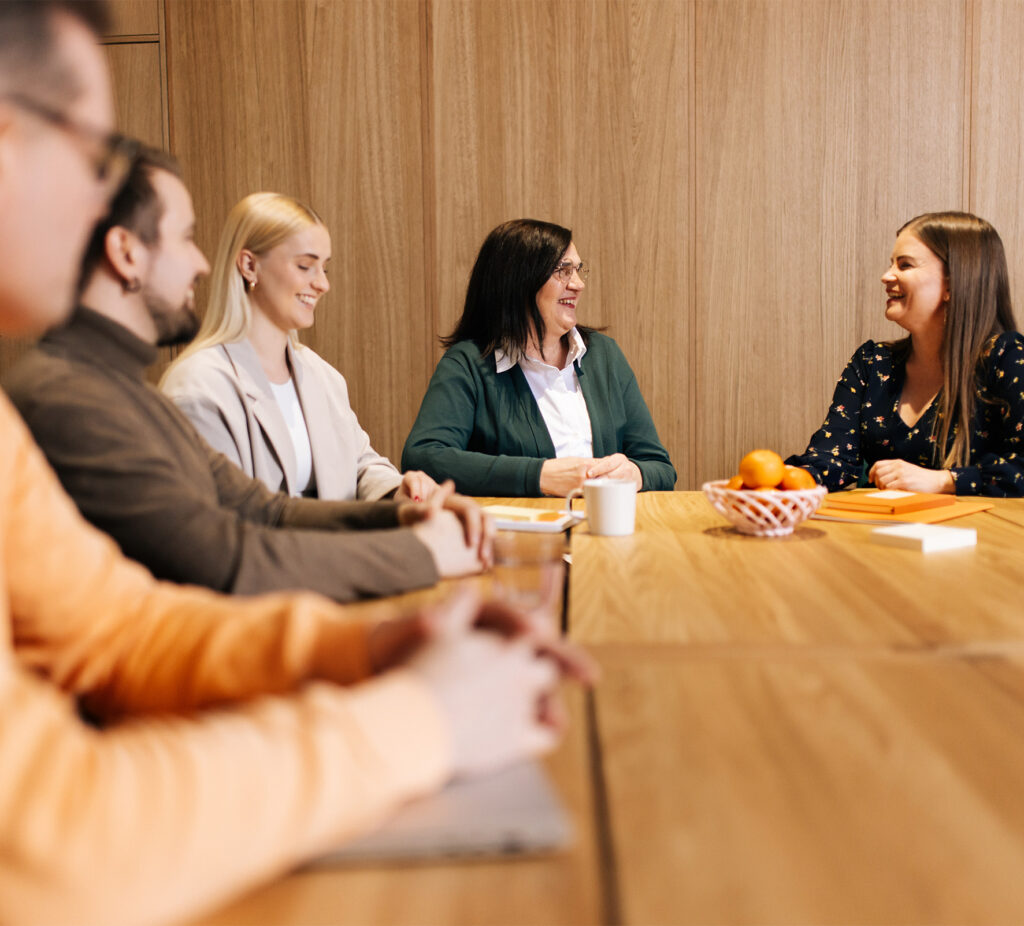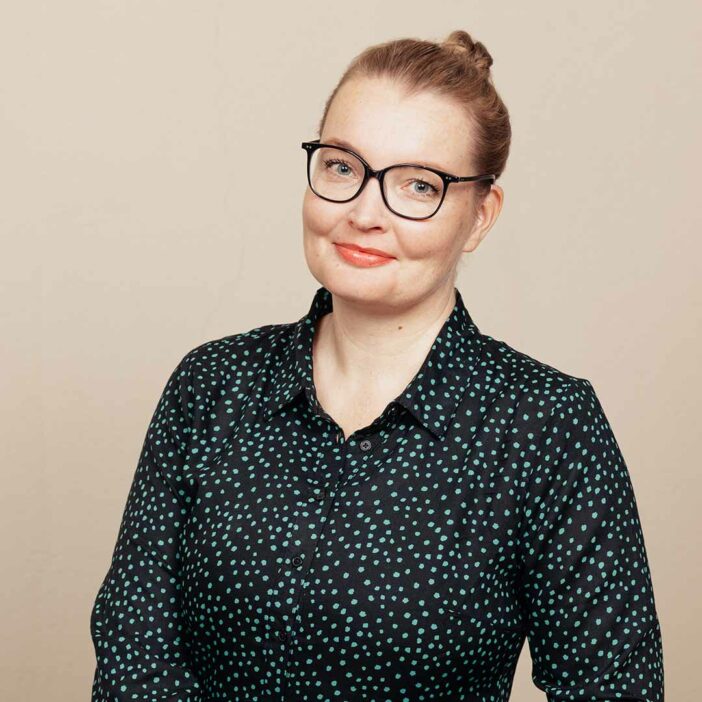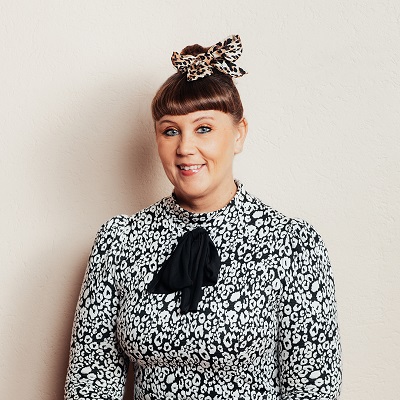Who owns the future of your business? Futures thinking puts tomorrow on the agenda
Over the past couple of years, our operating environment and everyday life have become increasingly complex. Change will continue to be permanent, even faster. In the midst of all the uncertainty, how can companies navigate and create a strategy for the future? The topic was discussed by Dagmar’s Marketing Transformation Strategist Leena Kivioja and Strategist Johanna Pekari.

Futures thinking is the ability to understand what is happening around us – how different megatrends, silent signals and industry trends affect us now and in the future.
Futures thinking is a continuous process – one that gives you a head start
At its best, futures thinking is a continuous, systematic process that creates a basis for various changing scenarios. It brings certainty in the midst of uncertainty – we can already foresee alternative futures happening, and we won’t be surprised “with our pants down”.
For example, when the global pandemic changed our operating environment extremely quickly, companies that regularly practiced futures thinking had a clear head start. If the creation of adaptation scenarios only started when the crisis hit, we were hopelessly behind.
The future can be made today
Futures thinking moves the strategic perspective beyond a few years – it brings foresight to companies’ strategies, creating several alternative development paths. The company’s vision is reflected through political, economic, social, technological, ecological and legislative developments. Challenging previous assumptions about the direction in which one’s own business is developing.
Futures thinking is also an important part of innovation and a good basis for customer-oriented operating methods. It adds agility and resilience to change to the company culture.
The key is understanding that the future doesn’t just happen to us, but we can influence it. The future is also formed through our own choices, actions and experiments.
The aim is to find scenarios that are favourable to the company’s operations and develop step-by-step operating models to strengthen them – at the same time, it is also possible to identify unfavourable scenarios, the realisation of which is critical to prevent at an early stage.
How can futures thinking be developed?
At its best, futures thinking is a systematic part of an organisation’s operations. It requires a curious mind, observing signals from different sources and combining them even surprisingly to create an overall picture and different scenarios, as well as to develop operating models that react to them.
The larger the number of people with different backgrounds, ages and interests, the greater the likelihood of forming a diverse, rich and multifaceted view of the future.
There are many different tools available for teamwork. At Dagmar, we have used the Institute for the Future (IFTF) tools, from which we select the most suitable ones for each topic. IFTF is the world’s leading futures thinking organisation, whose tools are used by small businesses as well as giants such as Meta and Google.
The tools help to form a picture of alternative futures. They allow us to see the future and create stepping stones for going there.
How does Dagmar do futures thinking?
At Dagmar, we launched a systematic futures work involving the entire organisation in spring 2021. Over the past 1.5 years, we have together learned the basic concepts of futures thinking and looked to the past to understand the future. We have practiced using different tools and broadened our thinking with them, as well as familiarised ourselves with different topics from blockchain to the metaverse through presentations and participatory workshops.
We meet in workshops open to the whole house four times a year. Between them, the core group of futures thinking takes things forward.
Futures thinking is not only vital, but also inspiring – our joint workshops have an open and enthusiastic atmosphere. It is inspiring to be able to challenge your own thinking and discuss topics with colleagues.
“One of the most inspiring two-hour sessions during the coronavirus period. It is precisely these kinds of conversations that have been missed in ❤ everyday office life. ”
“Thank you, for a hugely interesting and really important brain exercise to open channels for other innovations in our work.”
“It’s nice to hear other people’s thoughts as well, because sometimes you feel like you’re too much in ‘your’ scene and can’t notice other signals.”
Feedback from participants in futures workshopsWRITTEN BY


More on topic
-
 Felix Garlic Ketchup refreshed the whole brand on TikTok – “The best ad I’ve seen”When the iconic Felix ketchup, beloved by families with children, decided to charm Generation Z…See our work
Felix Garlic Ketchup refreshed the whole brand on TikTok – “The best ad I’ve seen”When the iconic Felix ketchup, beloved by families with children, decided to charm Generation Z…See our work -
 The liberalisation of the gambling industry in Finland affects your marketing as wellAt the beginning of 2027, Finland will move to the licensing market for the provision…Read the blog
The liberalisation of the gambling industry in Finland affects your marketing as wellAt the beginning of 2027, Finland will move to the licensing market for the provision…Read the blog -
 Influencers brought attention to Finnish Food Day 2024When influencers inspired different generations to discuss the importance of Finnish food, the Finnish Food…See our work
Influencers brought attention to Finnish Food Day 2024When influencers inspired different generations to discuss the importance of Finnish food, the Finnish Food…See our work